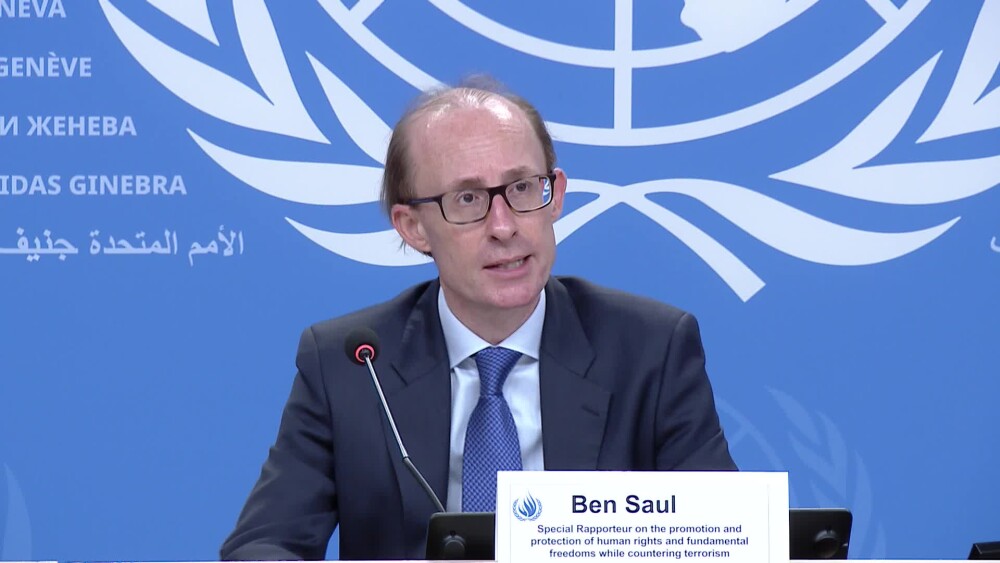The Special Rapporteur on the promotion and protection of human rights and fundamental freedoms in the fight against terrorism, Ben Saul, published a report entitled “Visions and Priorities“, then forwarded to the Human Rights Council, in which it highlighted the impact of anti-terrorism laws and practices on civil society, on arbitrary detention in particular in north-east Syria, on the protection of detainees at Guantanamo (terrorism report ). Among the points analyzed also the consequences of the use of new technologies on the fight against terrorism. Furthermore, taking into account that under the shield of the fight against terrorism, measures have been adopted and applied in open conflict with internationally recognized human rights, the Special Rapporteur focused on the aspects linked to the reparation of violations. In particular, the document highlighted that many violations identified in previous reports have never been remedied and indeed, in many cases, the situation has worsened. Thus, States are required to take measures to prevent a general deterioration in the level of human rights protection because some measures justified in the name of fighting terrorism have resulted in a negative impact in general on society and life in public spaces. The focus is on the situation in north-east Syria: the Special Rapporteur has asked for access to detention facilities and has asked some countries, including Australia and Canada, to return their citizens to their homeland. In Guantanamo, despite repeated proclamations of closure, 30 people are still detained and as many as 16, for whom release has been authorized, still remain in that facility.
The serious violations of human rights in the fight against terrorism – writes Ben Saul – then go unpunished, thus becoming a further condition capable of encouraging terrorism.
There are few positive examples. Among these is the case of Colombia which, in the 2016 agreement between the Government and the Revolutionary Armed Forces of Colombia (FARC) not only allowed the end of 50 years of conflict, but also allowed, with the Truth Commission, to do accept the perpetrators of serious violations responsibility for the international crimes committed.
The document also reports the measures adopted by regional organizations: 16 regional organizations have adopted 38 binding acts on the fight against terrorism which – we read in the report – represent two thirds of the international instruments in this field, aimed at identifying crimes, financing of terrorism, border controls and transnational cooperation. To the binding acts are added acts of soft law which have influenced national legislation.
Among the Rapporteur’s future activities, the identification of new rules that can serve to limit the improper use of new digital surveillance technologies and to implement limits on the use of spy software (spyware) and facial recognition technologies.
